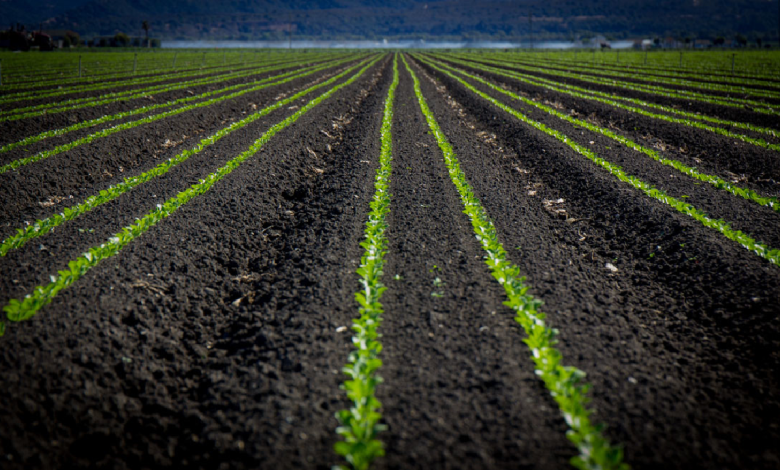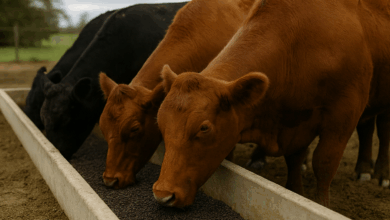Forging Sustainable Futures: Collaborations Between Biochar Producers and Farmers
Exploring how strategic alliances between biochar producers and farmers are enhancing agricultural productivity and promoting environmental sustainability.

The integration of biochar into agricultural practices has gained momentum as a sustainable approach to enhance soil health, increase crop yields, and sequester carbon. Central to this movement are collaborations between biochar producers and farmers, which are proving instrumental in advancing agricultural productivity and environmental sustainability.
Enhancing Soil Health and Crop Yields
Biochar, a carbon-rich product derived from organic biomass through pyrolysis, serves as a potent soil amendment. Its application improves soil structure, enhances nutrient retention, and increases water-holding capacity, leading to healthier soils and improved crop yields. Collaborations between biochar producers and farmers facilitate the effective integration of biochar into farming systems, optimizing these benefits.
Case Study: Philippine Carabao Center and Alcom Carbon Markets
In the Philippines, the Philippine Carabao Center at Central Luzon State University (PCC-CLSU) partnered with Alcom Carbon Markets Philippines Inc. to promote biochar for sustainable agriculture in Nueva Ecija. This collaboration focuses on integrating biochar as a biofertilizer and feed additive to improve soil health, livestock nutrition, and overall agricultural productivity. By enhancing soil fertility and supporting sustainable livestock management, this partnership exemplifies the potential of biochar in transforming agricultural practices.
Empowering Farmers and Communities
Collaborations between biochar producers and farmers also empower local communities by providing additional income streams and promoting sustainable practices. For instance, Biochar Life works with smallholder farmers to tackle climate change, enhance public health, and alleviate rural poverty. By producing biochar from agricultural waste, farmers can improve soil health and generate carbon credits, creating economic incentives for sustainable practices.
Global Initiatives and Corporate Engagement
The growing recognition of biochar’s potential has attracted corporate interest, leading to significant investments in biochar projects. For example, Google partnered with Indian supplier Varaha to purchase carbon credits derived from an initiative that transforms agricultural waste into biochar. This collaboration not only supports sustainable agriculture but also contributes to carbon dioxide removal efforts, showcasing the scalability and impact of biochar initiatives.
Challenges and Future Directions
While the benefits of biochar are well-documented, challenges such as knowledge gaps, market development, and policy support persist. Addressing these issues requires concerted efforts from government agencies, research institutions, and industry stakeholders. Collaborations that focus on research, market development, and supportive policies are crucial to realizing the full potential of biochar in sustainable agriculture.
Conclusion
Collaborations between biochar producers and farmers are pivotal in advancing sustainable agricultural practices. By enhancing soil health, increasing crop yields, and providing economic incentives, these partnerships contribute to environmental sustainability and agricultural resilience. As the global community seeks solutions to climate change and food security challenges, such collaborations offer promising pathways toward a sustainable future.
Sources:



